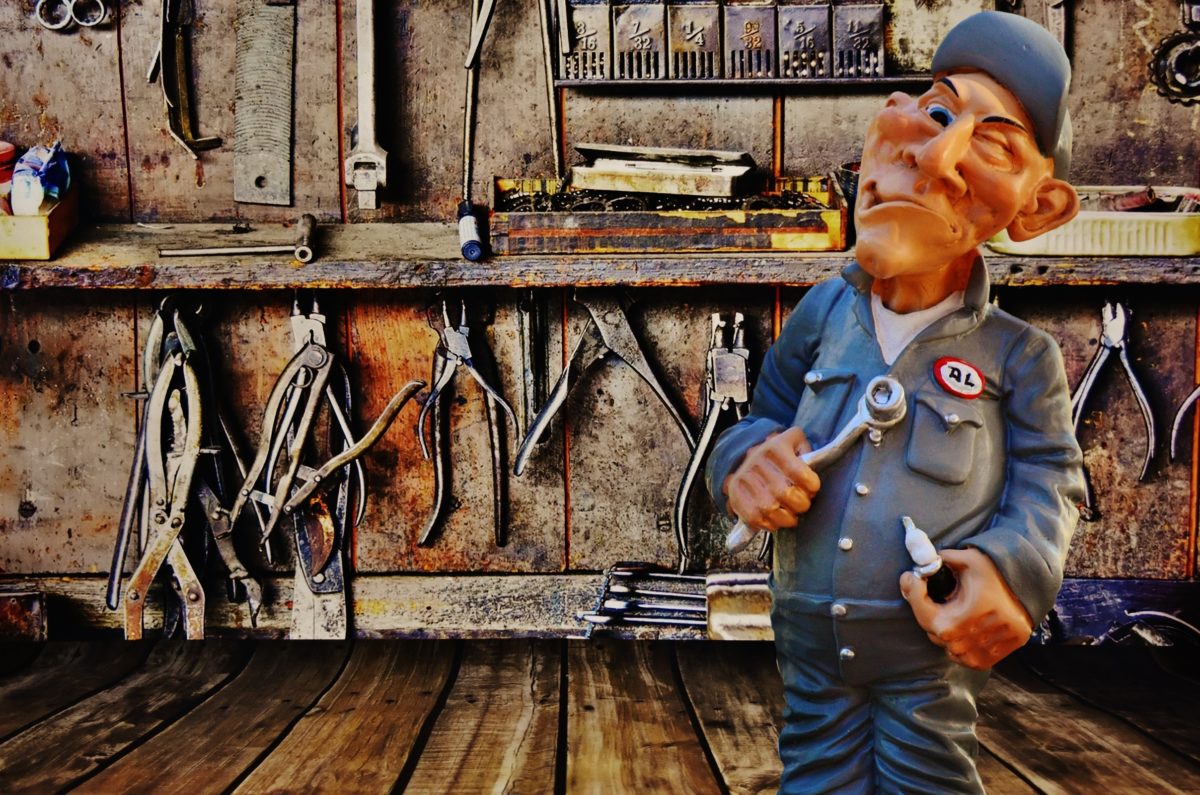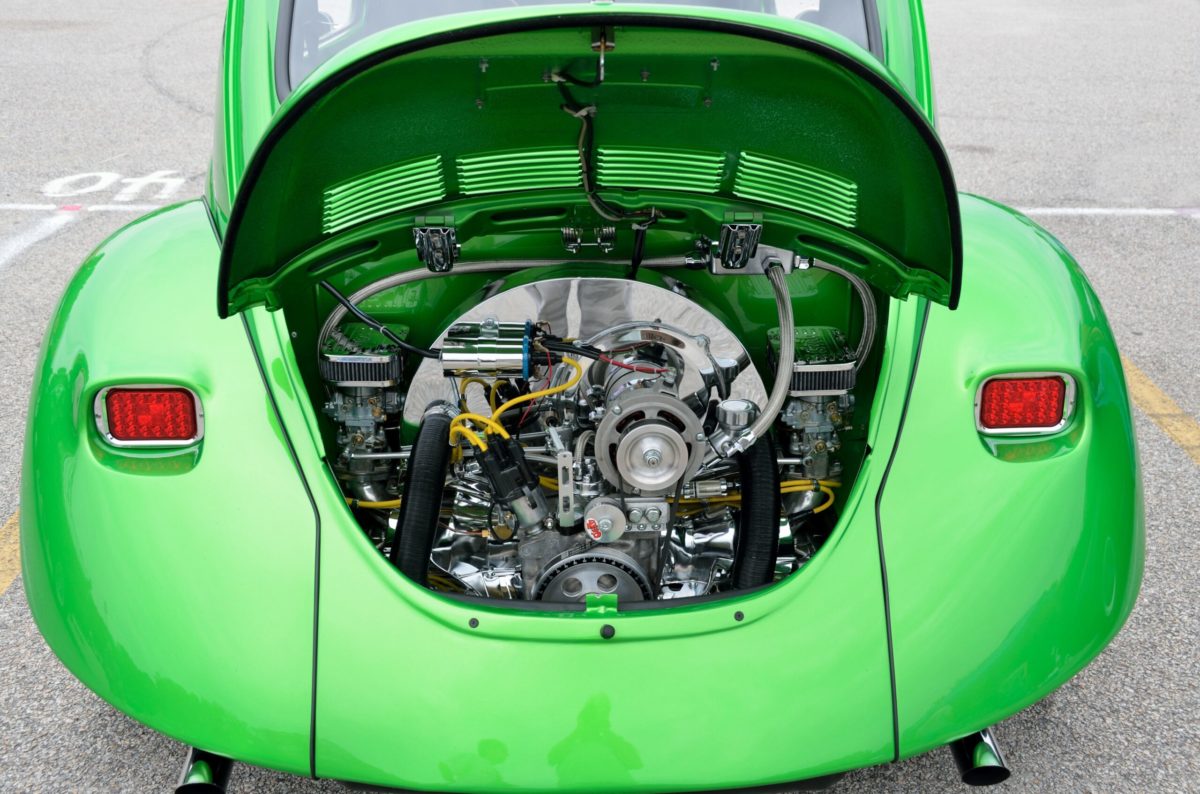The importance of using an accredited dealership or repairer: Part 1
To achieve accreditation, businesses have to prove their staff have sufficient training
– JAKKIE OLIVIER, CEO OF THE RETAIL MOTOR INDUSTRY ORGANIZATION (RMI)
You are looking for a mechanical workshop, motor body repairer, or even to buy a new car and you don’t know where to start. Well, accreditation is a good place to start, says Jakkie Olivier, CEO of the Retail Motor Industry Organisation (RMI).
“By using a business accredited by a reputable association such as the RMI, you can be assured of good workmanship and recourse in the unlikely event that the job is not completed to acceptable standards,” he says. “Accredited businesses will be run by highly-skilled professionals, with excellent service-levels, administrative support and quality parts and repair equipment.”

He explains that during the accreditation process a business undergoes a thorough assessment. Aspects including the health and safety operating procedures are scrutinised, as are the premises, tools and equipment, administration, waste removal, staffing and so on.
It is therefore very important that you can trust the repairer to do the best job at the most affordable price.
– Jakkie Olivier, CEO of the Retail Motor Industry OrganiZation (RMI)
Even aspects of the business such as insurance of the client’s vehicle whilst on the property of the repairer, parking facilities, lighting, ventilation and uniforms are inspected. “It is a rigorous process that we believe is essential to ensure customers know they are dealing with professionals and feel protected,” he says.

The level of staff training is also an important aspect of the accreditation process. “Unfortunately, skills shortages are a reality. To achieve accreditation, businesses have to prove their staff have sufficient training and on-the-job experience as well as specific qualifications to meet the needs of their customers,” says Olivier.
Possibly the most important benefit of using an accredited business is the knowledge that there is an association you can deal with in the event of a bad service or poor workmanship experience. “Owning a motor vehicle or a fleet is a big investment. The purchase price alone is a major financial commitment and repairs don’t come cheap,” says Olivier. “It is therefore very important that you can trust the repairer to do the best job at the most affordable price.
Don’t be afraid to ask for proof of accreditation when considering a business
– JAKKIE OLIVIER, CEO OF THE RETAIL MOTOR INDUSTRY ORGANIZATION (RMI)
If this is not your experience then you need to approach the accrediting association, such as the RMI, to assist in a dispute resolution process. The same applies when buying a car. If you are not happy with the product or promises have not been met by the selling agent then there is a body to hear your side of the story.
“Don’t be afraid to ask for proof of accreditation when considering a business. Alternatively contact the accrediting body and ask for a referral in your area. It is worth the extra admin to ensure you receive the service you deserve,” he concludes.
This article was first published by the RMI



